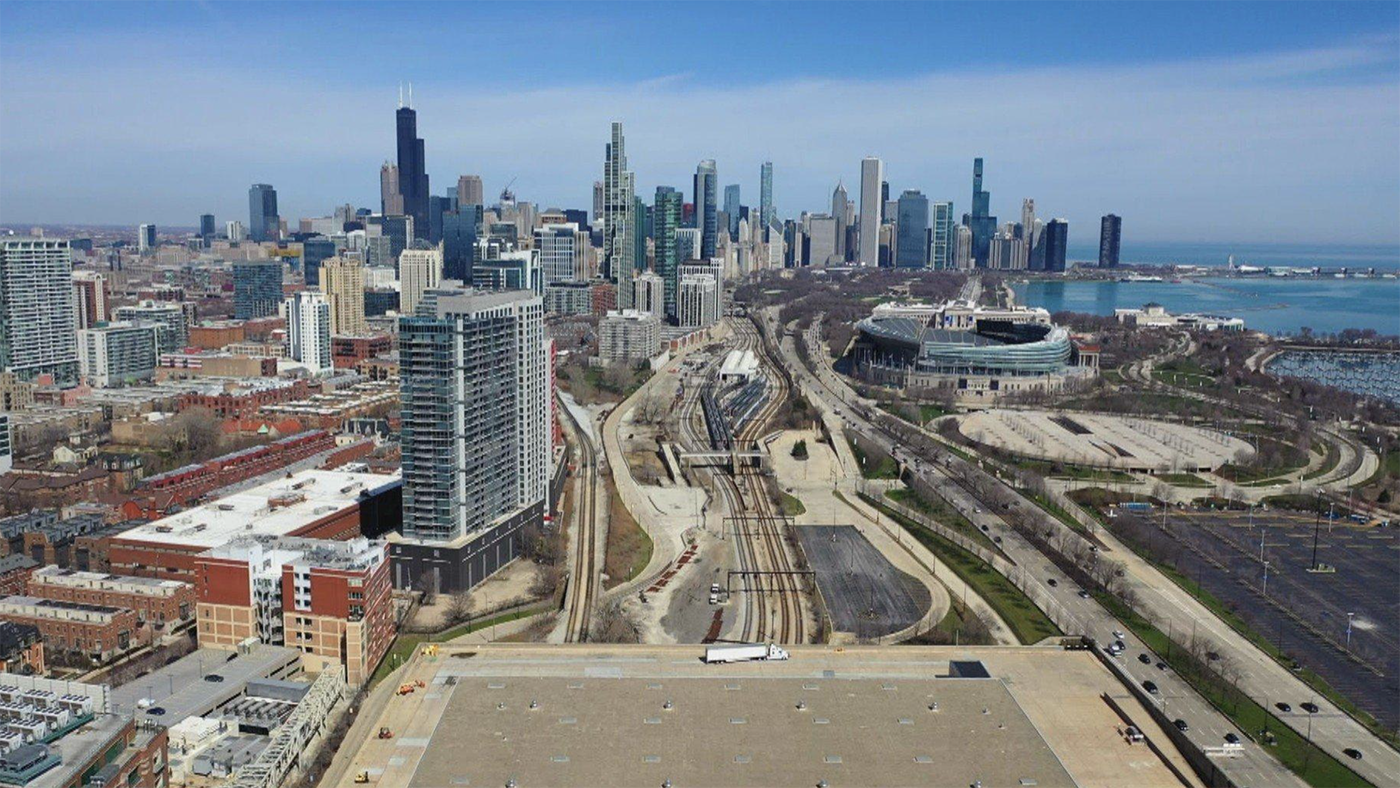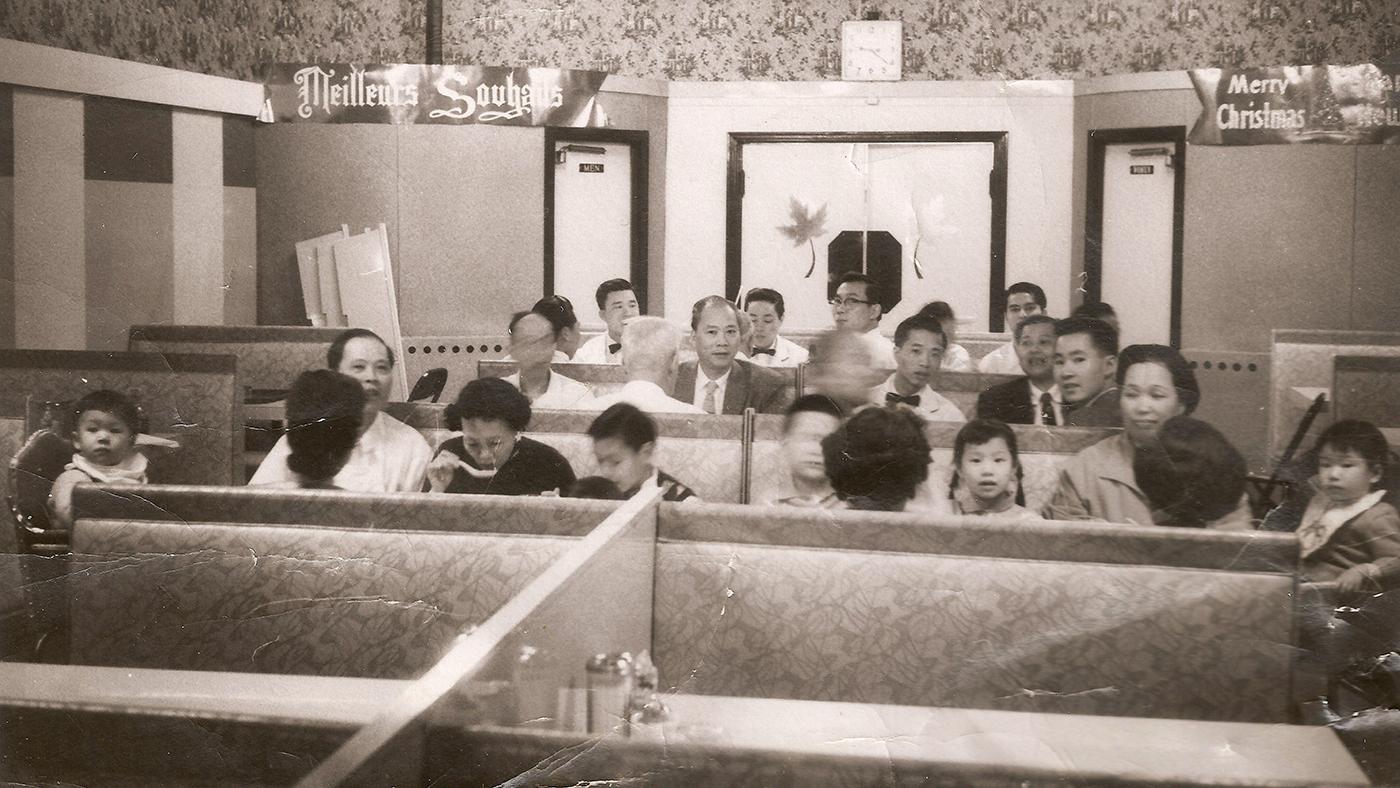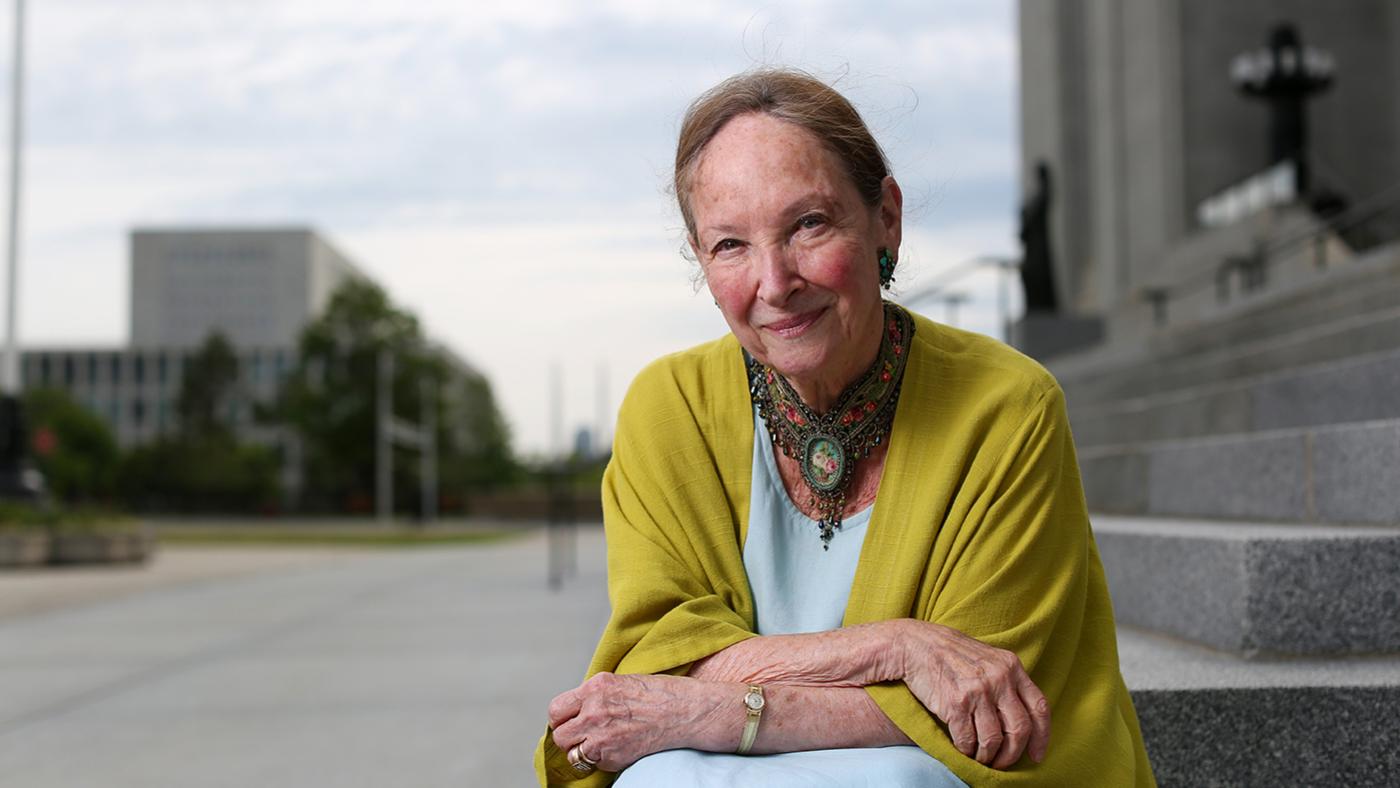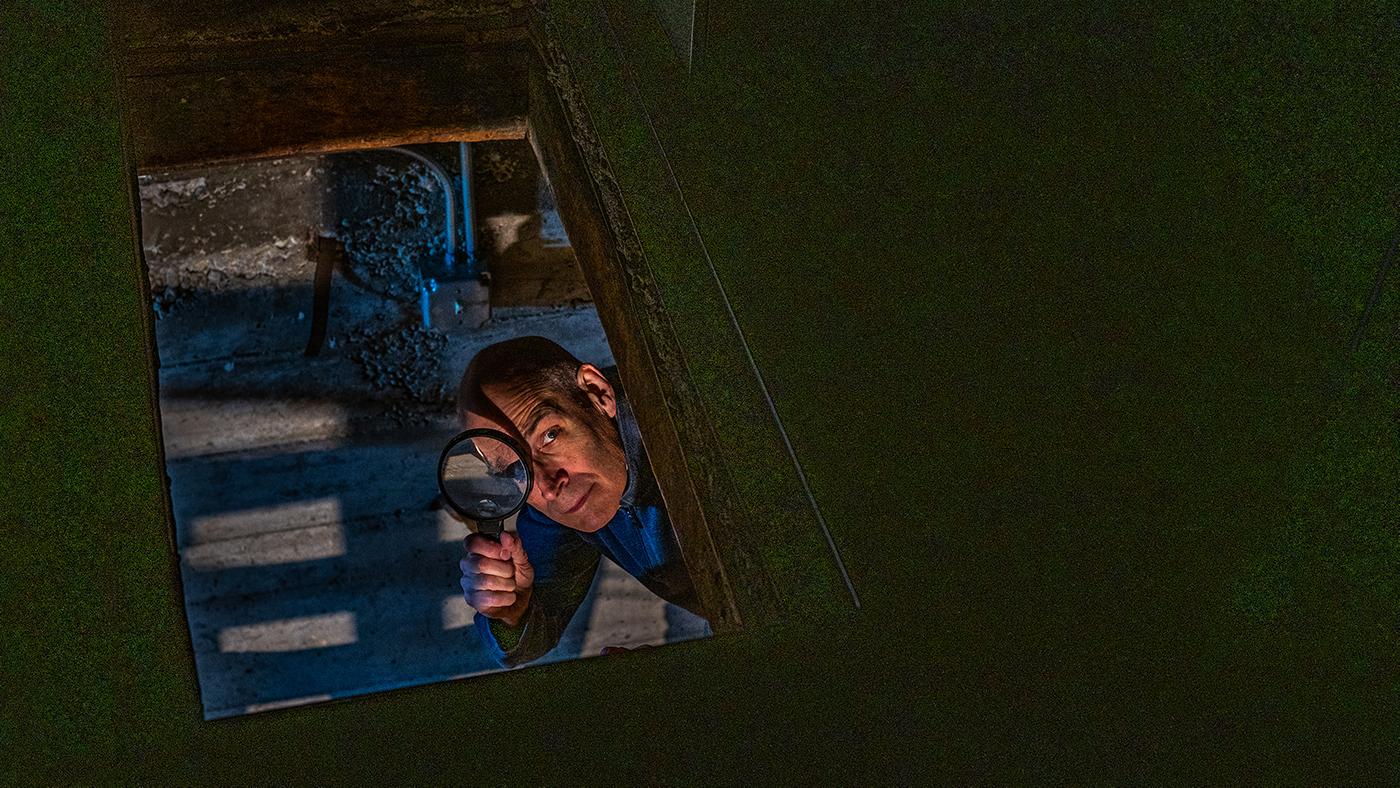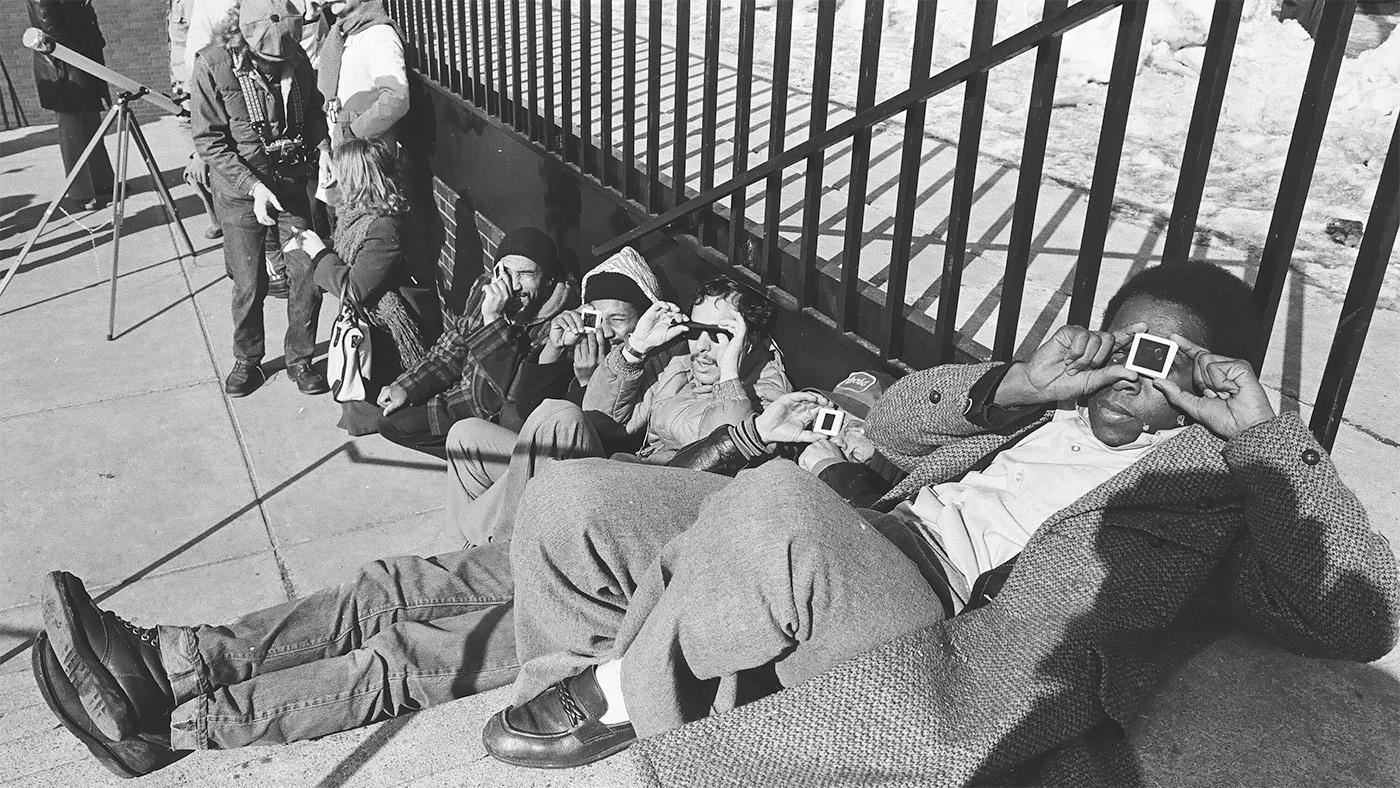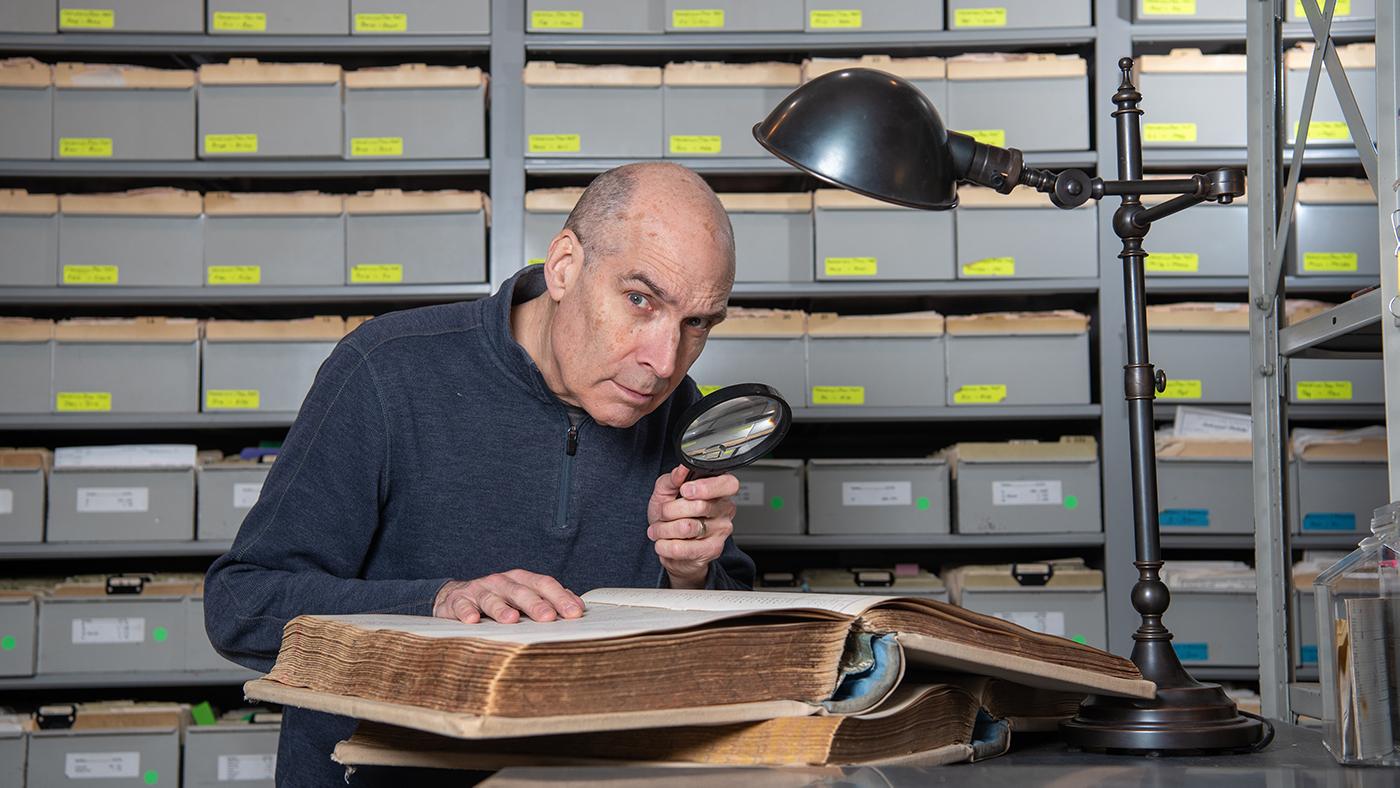A Q&A with the Pulitzer Prize-Winning Author of 'Poverty, By America'
Daniel Hautzinger
August 22, 2023
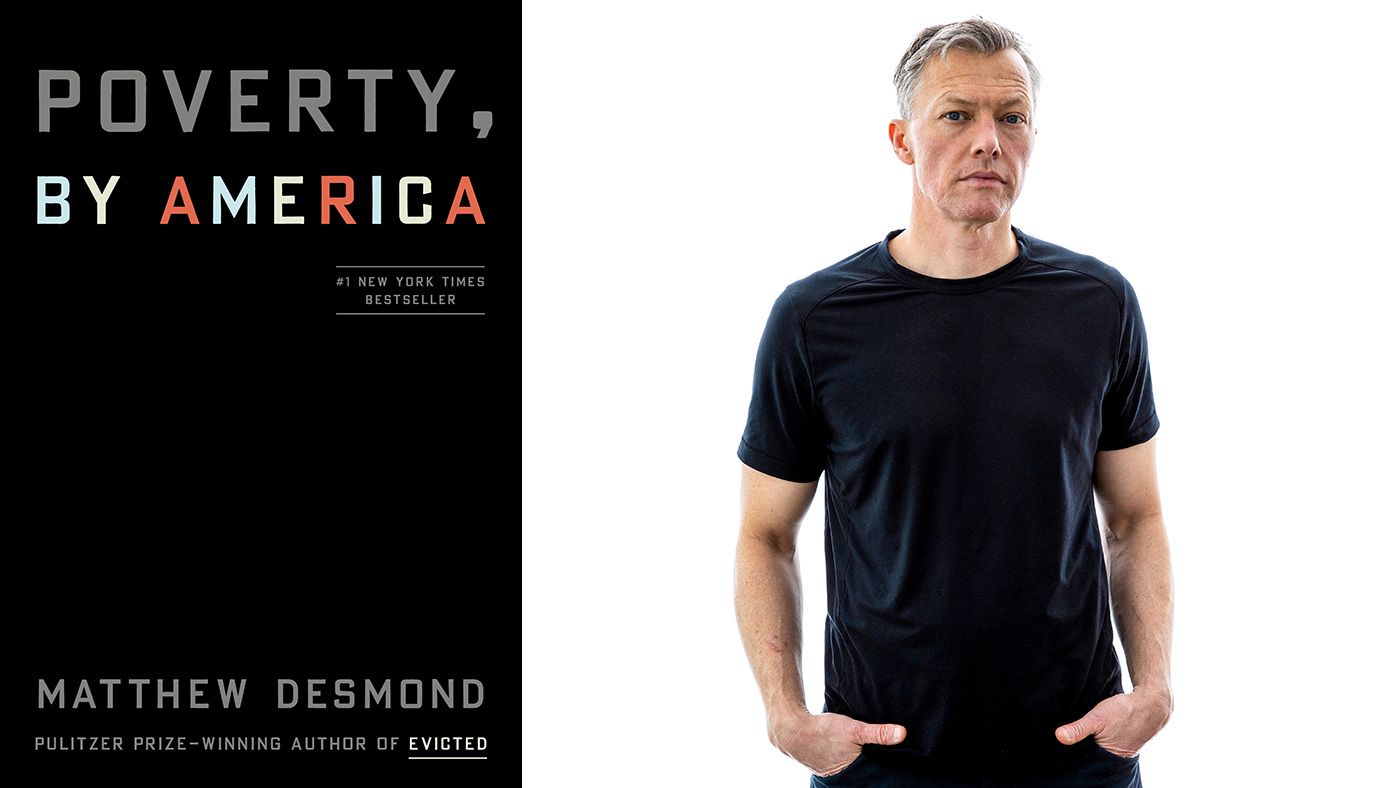
WTTW's FIRSTHAND: Living in Poverty examines poverty through the eyes of five Chicagoans, plus examines various issues through expert talks and articles.
America takes poverty for granted. “This is who we are,” writes the sociologist Matthew Desmond in his recent book Poverty, By America, “the richest country on earth, with more poverty than any other advanced democracy. If America’s poor founded a country, that country would have a bigger population than Australia or Venezuela. Almost one in nine Americans—including one in eight children—live in poverty.”
Desmond is a professor at Princeton University who studies issues surrounding poverty; his 2016 book Evicted: Poverty and Profit in the American City, won a Pulitzer Prize. But many books about poverty, including his own, are about the individual stories of people living below the poverty line and the challenges they face. With Poverty, By America, he wanted to write a book about poverty, not the poor, looking past typical explanations and debates about poverty to understand why America is so wealthy and yet has so many people barely eking by.
On Thursday, August 24 at 7:00 pm Central Time, he joins PBS Books at the Library of Congress National Book Festival for a virtual conversation about Poverty, By America. We spoke to him about the book as a preview of the conversation.
Why did you want to write Poverty, By America?
I wanted to read a book like Poverty, By America. I have been working on these issues for a long time—on homelessness and insecurity and inequality—and teaching classes, and I just didn't feel like I had it nailed. I can talk about specific issues, but if someone asked me, “Hey, why is there so much poverty in the United States, and how can we finally end it?” what would be my answer? I wanted to get it down on paper.
Despite a similar topic, it’s very different from your previous book, Evicted, in that it contains much less individual storytelling and has a much wider lens. Why did you take that new approach?
I had to take that tack because this is a book about poverty that isn’t about the poor. I’m proud of Evicted, that it contributes to the work of bearing witness and showing the human toll of the housing crisis, and I’m proud to be part of that tradition. But I felt like if we're going to really answer the why question, we have to look beyond poor folks in poor neighborhoods and look at us. That “us” is a big bucket: economically secure folks that are wittingly and unwittingly contributing to all this poverty. I felt it required an expansion of the aperture and a different kind of register.
How was the writing process different for you?
There’s a ton of research that went into Poverty, By America, just answering really basic questions like, How much does the government spend on everything? It takes a long time to answer those questions. A lot of it is going deep, deep, deep in the weeds, and then there's a discernment process: of everything that you've learned, what's the thing that's most important and what's the thing that can really stick in people's minds.
Then part of it was the moral point to the book, the times that the book leaves the data in a way and becomes more connected to even theology or faith tradition or moral tradition. That was a stretch for me, to try to get that more essayistic voice.
Why did you want to move into that moral register?
It's interesting the way you're phrasing the questions, like “Why did you want…” Because I feel like sometimes when you're in it, you don't get to choose. You're just pulled in a way. When you really sit down and consider what poverty is and what it does to people—how it blunts lives, how it brings death and humiliations and agonies—I just feel like that requires a moral response.
As the process guided you, did you have any sort of lightbulb moment that helped you see past many of our rote explanations and discussions of poverty and how to address it?
A big part of that process was figuring out what questions not to answer, because there's been so much ink spilled on this. There are questions that we've allowed to dictate the debate that have garnered so much attention that maybe shouldn’t.
It was kind of an effort to, like I say in the book, write a book about how the other other half lives, and that meant leaving behind all these questions that have really shaped us and molded those of us who have been working on this for years. I was trying to open the debate or shift the debate to consider these other questions that I don't think get enough attention. I love the Tommy Orange line that I quote in the book. [“Kids are jumping out the windows of burning buildings, falling to their deaths. And we think the problem is that they’re jumping.”] If the book had a motto, it’s that: Focus on the fire.
Why do you think we as a country have continually accommodated poverty instead of disrupting it, as you put it in the book?
I think we've just spent so much trying to actually help people in poverty in a divided nation. Often what you get from the political divisions in Congress are these bipartisan agreements to help folks under the heel of poverty, but with policies that don't really threaten the status quo. These are policies that don't really attack the fact that wages are really low, but [instead just] help people who have low wages. Those policies are lifesavers. Those things lift millions of families above the poverty line.
But the book has an ambition. The book isn't about what can get through Congress. The book is about, how can we end poverty? And for that to happen, we need to do something different and attack poverty at the root.
Did you have an intended readership you were trying to reach?
I wanted a lot of different folks to read it and engage with it, and I wanted to try to write in a way that people saw themselves in the story. I decided to use this “we,” and sometimes the “we” means folks in poverty, sometimes the “we” means the affluent. I wanted to do that to always circle back to that more fundamental conviction that the book has, that we're all connected, and that our lives aren't just separate, and if you have more than me, that often is not an innocent relationship.
I want it to be galvanizing, and so I give people very tangible things that they can do to start divesting from poverty. I’ve grown very wary of conversations about poverty that feel far away and abstract, and I wanted to write something very personal in a way.
To engage in the book, have a good conversation about it, and then stop—that’s a big challenge [to not do that]. Right now, I’m just reminding people that their hopelessness is useless and doesn’t do anything. Can we make the real effort that doesn’t bring about utopia, but often, step-by-step, gets us to somewhere better—can we celebrate those real wins?
Do you think things are changing?
I do. Most Americans, according to surveys, believe that the minimum wage is too low. Most Americans don't think the rich are paying their fair share of taxes. Most Democrats and most Republicans now report that they believe poverty is a result of unfair circumstances. Unions have a lot of support from the American public right now. So on the ground level, people to people, person to person, I think that there's a lot of support and a lot of unity across party lines, with a country that's longing for more economic justice.
In the book, you mention that broad support and argue that it’s evidence that there’s a disconnect between the people and elected officials in ways that party polarization obscures. Do you think that can be fixed?
That’s the sticky wicket. Among voters, among the American public, there is less division and polarization on many of these issues than is often thought, but there is massive polarization in Washington on these issues. So I think the political problem of execution is the next step. I think the book intervenes in that problem in an indirect way, although that's not exactly the right word. But the way to push that is to build the political will to grow the anti-poverty movement. The book offers one set of recommendations for how that can be done.
How do you maintain optimism, when working on such a grim and recalcitrant topic?
The folks on the front lines are optimistic. The folks that are actually out there doing the work of trying to fight for affordable housing, fight for higher wages. Often, they're not just optimistic; their asks are ridiculous to some people and blue-sky. They give me hope.
There's a little scene in the book about the Minnesota tenant rights group that I hung out with, where someone says, “These folks have forgotten how to dream.” That really stuck with me, because I was totally part of that un-dreaming population at the time. I think that keeps me hopeful. I think that the fact that America seems completely done and over [these sort of] conspiracy theories about poverty that we've told ourselves for decades—I feel like there's a lot of groundswell and energy. There’s a lot of work to be done, but I also feel there's a lot to be hopeful for.

